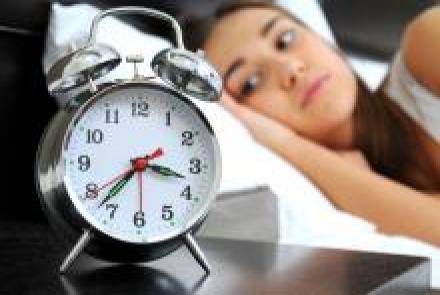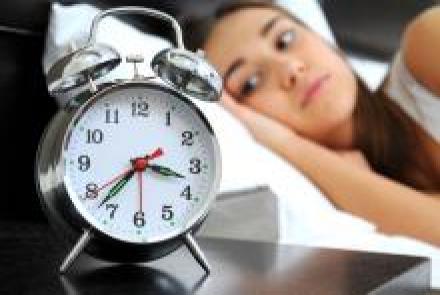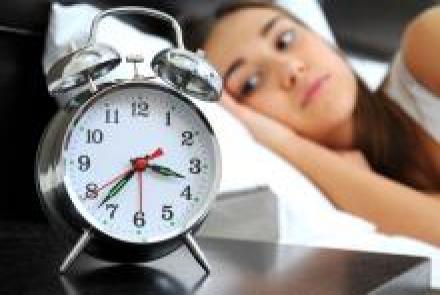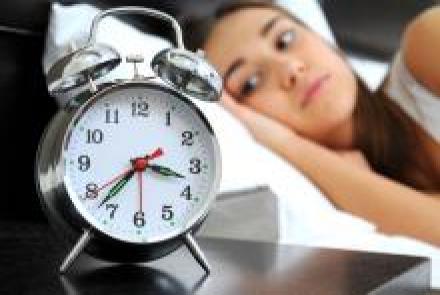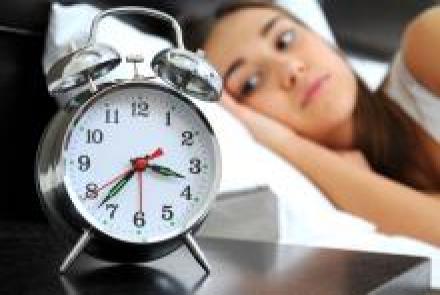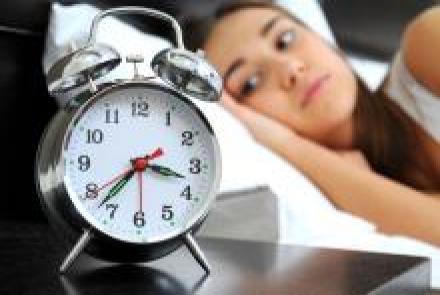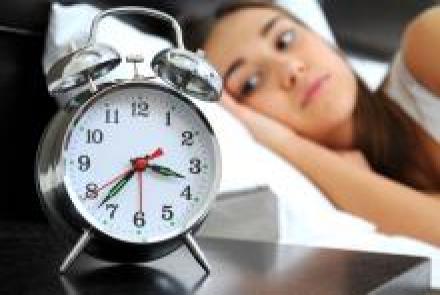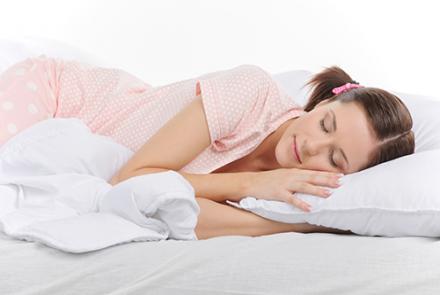
Dr. Manvir Bhatia, Senior Consultant in Neurology and Sleep medicine, says that the pandemic has severely affected the crucial sleep-wake rhythm of people impacting their mental and physical health, leading to chronic insomnia. She highlights the role of sleep in building immunity and recommends some tips for better sleep.
We have been hearing and reading about an increase in the number of people suffering from disturbed sleep patterns and poor quality of sleep due to Covid-19. Have you seen a buildup of patients since the start of the pandemic?
Yes I have definitely seen a buildup of patients. In the initial one and a half months we were not seeing or doing anything because of total lockdown. Then we started online consultations in April. Now we are in August. I would say that the last two or three months has seen a real increase. It is almost two to three times the number of people I would see normally.
A lot of people are unhappy with their sleep - with the quantity, quality and timings – during the pandemic. And this is noticed across all sectors and genders:
- School children, for whom online classes have started, are finding it very difficult to be alert, energetic and participative during classes.
- People in their forties working from home with lack of enthusiasm and motivation.
- The elderly who had some kind of routine even post retirement - they would meet socially or they would have some religious activities - all that has also gone.
- Housewives are having a hard time because housework has increased considerably.
- Women working from home have been affected even harder. They have to manage both office and home.
- And, the category of women who are working from home with young children. It becomes very hard to keep children engaged, entertained and complete your home and office work.
What are the different types of mild and major sleep disorders people are complaining about?
People wake up in the morning and complain of not being fresh and feeling tired. They can be divided into two broad categories –
- There are those who have difficulty in falling asleep which we categorise as `sleep onset problem’. That is when you lie down in bed you are not able to sleep for more than one or two hours. I just had two people come to me complaining that they are not able to sleep till wee hours of the morning. A student said that he can’t get sleep till 5 am.
- The second lot is able to sleep, but they wake up in the middle of the night. Then can’t go back to sleep and toss and turn for several hours. As a result, they are worn out the next day.
Would this be termed insomnia?
Yes, all these symptoms indicate insomnia. For insomnia to be recognised, there should be night time symptoms as well as day time symptoms. Day time symptoms means that they could have physical symptoms like tiredness, listlessness, fatigue, body ache. Or they have some cognitive symptoms like poor concentration, poor attention span and impaired productivity. Or they could have mood changes like irritability, getting angry very easily. Some people are losing interest in their work. So when night and day symptoms come together, it is called insomnia.
When insomnia continues for less than three months we call it acute insomnia, if it persists for more than three months we call it chronic insomnia. During Covid, we have been seeing lots of people with acute insomnia. But the danger is if you don’t do anything about it then it can become chronic insomnia.
Chronic insomnia has a significant impact on the body. It is said that sleep is a third pillar of health. You have nutrition, you have exercise and you have sleep. If sleep is impaired –
- it can affect smooth functioning of your metabolism
- it can affect your mood equilibrium
- it can lead to depression and anxiety
- it can affect your memory in severe ways
In slightly older population -
- it can raise their blood sugar
- it can increase their blood pressure
It is said that sleep could be a lifesaver in times of Covid-19. Could you explain.
Sleep is said to be a lifesaver in times of Covid primarily because of the big role sleep plays in building and strengthening immunity. Everybody is talking about how to fight the pandemic - through personal hygiene, social distancing and increasing immunity. You may get close to the virus, but you should have a robust immunity to ward it off. The two systems in our body that can fight infection are the T-cells and the D-cells. Both systems are regenerated or rejuvenated during sleep. So if your sleep is impaired, your ability to fight infection will also be impaired.
Could poor sleep quality be linked to depression?
There is enough research on this that sleep, and depression are very closely related. Poor sleep could be a predecessor for depression. And depression can manifest as insomnia. Both are very strongly interlinked. Instances of depression and insomnia have worsened during the pandemic. People are playing around with the circadian rhythm or the body clock.
What is the way out to get the circadian cycle back to normal?
There are some tips which are for the general public, to stay healthy, get better sleep and keep the body clock in control.
- Have a fixed time - You should have a fixed time for going to sleep and waking up. You cannot go to bed at 11 pm on three days in a week, and the remaining days at 2 pm. You are going to mess up your sleep cycle in a big way.
- Get adequate light - This is particularly important during the pandemic. You can soak in light preferably early morning, or any time of the day is also good. Try and sit in the balcony. Go for a walk if possible. But do not stay in darkness or artificial light all the time. That is not a good idea. Because the brain is secreting a sleep inducing hormone, melatonin, in response to darkness which interferes with our normal sleep cycle.
- Exercise - During the lockdown, there has been a decrease in physical activity and increase in sedentary habits. This has impacted sleep drastically. It also led to undesirable lethargy and sluggishness. The body needs to be tired to get good, sound sleep.
- Break before sleep - Maintain an interval between the day and night. People are working till late. Then they switch off their computer, or television, and then switch off the lights, and go to bed. You need to have a gap, ideally 30 minutes. During that time do something relaxing. Read, listen to music, or maybe focus on your breathing. Give yourself time to unwind.
At the end, I want to emphasise that those who suffer from a severe, persistent sleep problem should seek professional help. Do not ignore or prolong it. It can be corrected right now.



